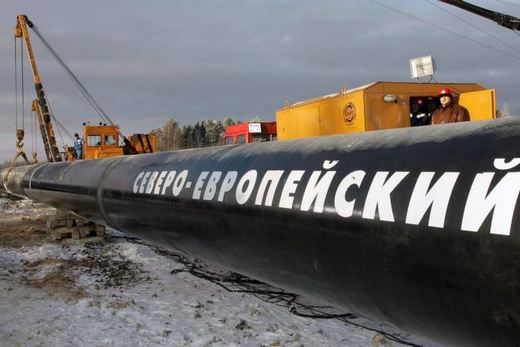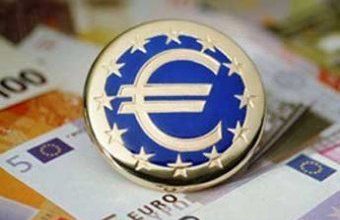Russia will provide Europe with a third of gas
At the 20th World Energy Congress in Rome (WEC), held in mid-November, Russian representatives assured that Europe had chosen them for many years to come as a priority area for energy supplies.
Gazprom, in particular, intends to increase its share in the European gas market by 2015 from the current 26% to 33%. It seems that the EU initiative to protect the domestic energy market does not particularly bother Russia.
Recall that last month the European Commission published bills providing for the separation of electricity production from transmission lines and gas production from its transportation, respectively. These requirements can also apply to companies from countries outside the European Union that supply energy to the EU. Therefore, they directly affect the Russian gas monopoly Gazprom, which shows a clear interest in the purchase of electricity assets and gas infrastructure in Western Europe. Incidentally, Deputy Chairman of the Gazprom Board Alexander Medvedev once again expressed his dissatisfaction with the EU legislative initiative during the congress.
However, the tone of the Russian Minister of Energy and Industry of Russia Viktor Khristenko during WEC-2007 was much more restrained. He noted that the European Union, when changing legislation in the energy sector, should understand that consumers are only one link in the chain, and it is also important to consider the situation of suppliers. But Khristenko also emphasized that it would be incorrect to talk about disagreements between Russia and the European Union over new legislative initiatives. “This is the EU’s sovereign right to make decisions within the framework of its legislation,” he said.
In addition, the consequences of the recent initiatives of the European Commission in the energy sector (if they are adopted) may not be clear at all. The chairman of the board of the German energy giant E.ON, Wolf Bernotat, recently announced that Brussels’s plans to disaggregate companies are unlikely to be realized, given that such important EU members as France and Germany oppose them.
And even if Gazprom faces some difficulties in acquiring new energy assets in Europe, the proceeds from the export of “blue fuel” to the EU are immeasurably more important both for him and for the budget of the Russian state. It is in increasing gas exports to Europe that the main strategy of the Russian gas monopoly for the coming years lies. Despite negotiations on gas supplies to China and Korea, the European market is today the most important for the company and will remain so for the foreseeable future. At a congress in Rome, it was announced that by 2015, Gazprom intends to increase its share in the European gas market to 33% (from the current 26%). Moreover, most of the gas export from Russia will be based on long-term contracts. Therefore, Europeans, apparently, need to prepare for the fact that the role of Russia as a supplier of energy resources will only increase.
True, experts disagree on the reality of Gazprom’s ambitious plans. A number of them are sure that there is every opportunity for this if, along with long-term gas supply contracts, it is possible to agree on serious investments from European investors. Others believe that increasing deliveries abroad will be extremely problematic due to the rapidly growing Russian domestic demand for fuel.
This post is also available in:
 English
English  Русский (Russian)
Русский (Russian)



